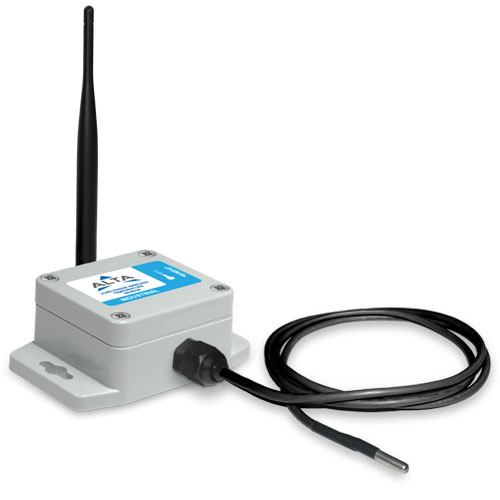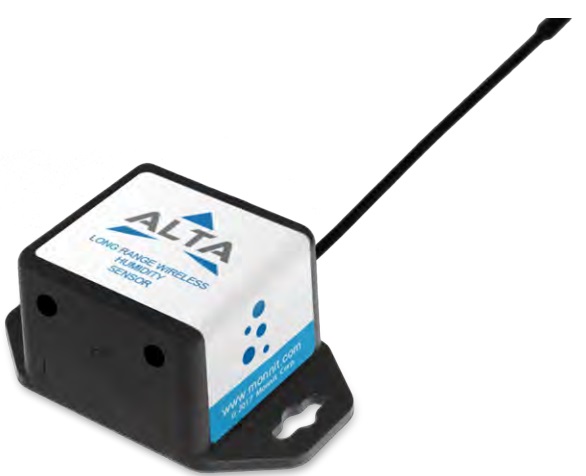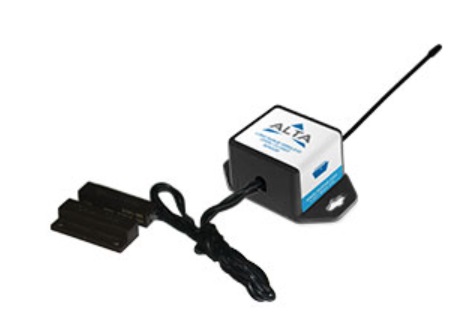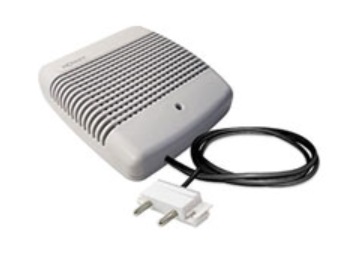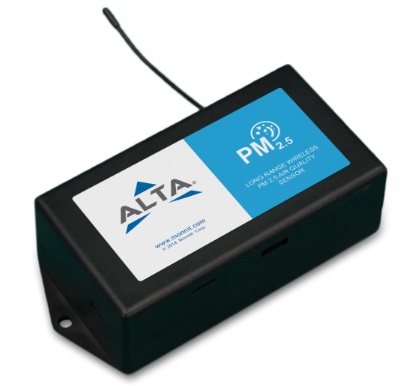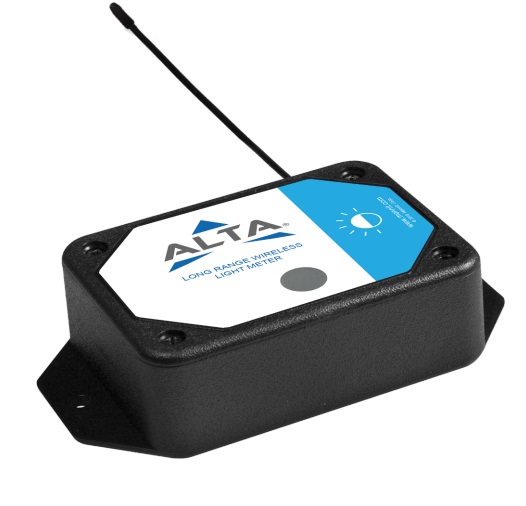Pharma and Hospitals Monitoring System
In pharmaceutical and healthcare environments, maintaining precise environmental conditions is crucial for safeguarding sensitive medicines, vaccines, and patient care equipment. UTNT’s Pharma and Hospitals Monitoring System provides real-time tracking and control to ensure that temperature, humidity, and other key conditions remain within the required range, protecting both products and patient safety.
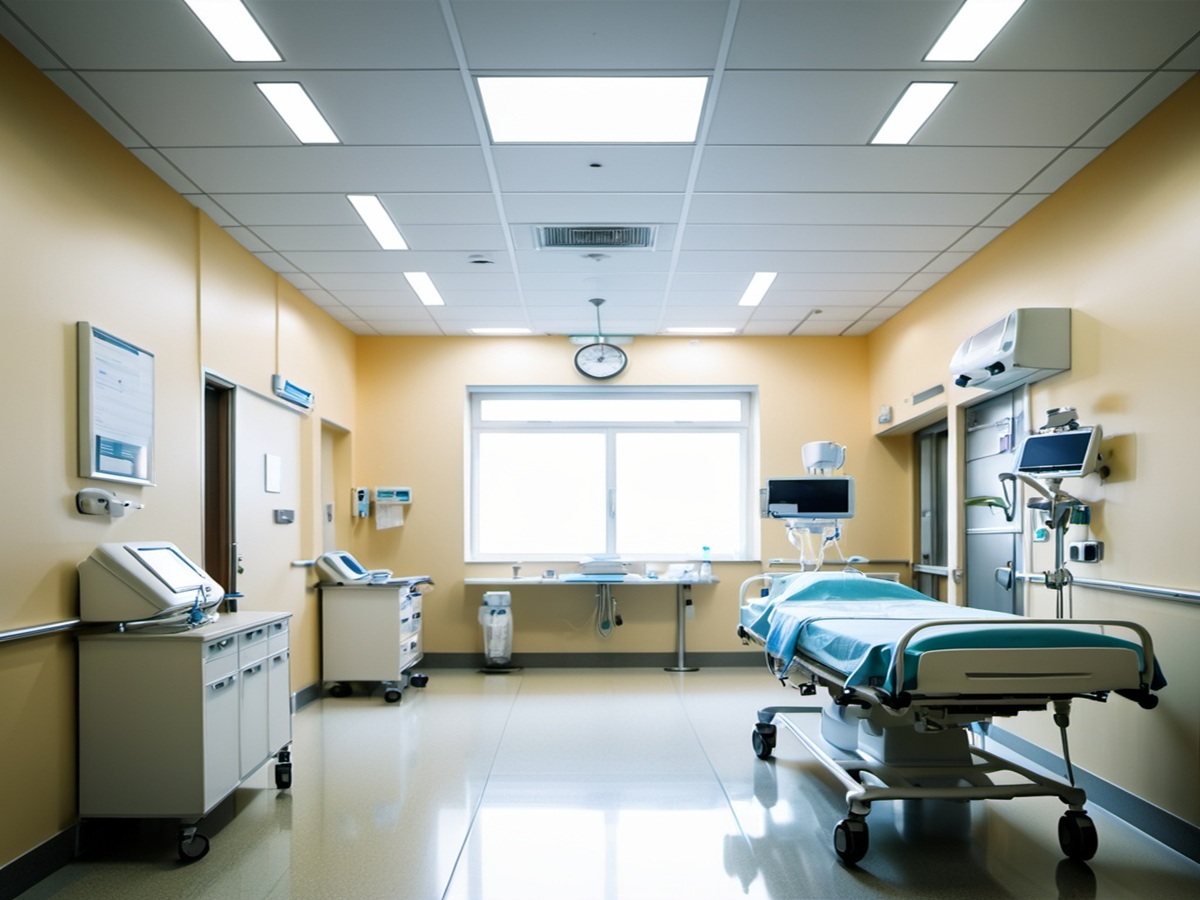
Why Monitor Pharmaceutical and Healthcare Environments?
In pharmaceutical and healthcare settings, even small changes in temperature or humidity can cause serious consequences. Improper storage conditions can damage sensitive medicines, vaccines, and equipment, leading to reduced effectiveness and risking patient health. For organizations, this can result in non-compliance with regulations, costly product loss, and equipment failure. By monitoring these critical conditions, you can ensure:
Safe storage of medicines and vaccines.
Proper functioning of medical equipment.
Key Features:
- 24/7 Real-Time Monitoring: Track temperature, humidity, and other critical parameters continuously to ensure safe storage of pharmaceuticals and optimal conditions in hospital facilities.
- Instant Alerts: Receive immediate notifications via email or SMS if any parameter deviates from safe limits, enabling fast corrective actions to prevent costly damage.
- Energy-Efficient: Our system optimizes energy consumption in cooling and storage systems, reducing operational costs while maintaining essential environmental standards.
- Remote Access & Control: Monitor and adjust your facility’s conditions remotely using a user-friendly dashboard, ensuring quick decision-making even when you are off-site.
- Automated Reporting & Compliance: Generate automated reports to meet regulatory requirements, helping you simplify audits and inspections with accurate, up-to-date data logs.
- Predictive Maintenance: The system detects potential equipment malfunctions early, helping to avoid unplanned downtime and maintain operational continuity.
Benefits:
- Product Integrity: Ensure that medications, vaccines, and healthcare equipment are stored under ideal conditions, preserving their quality and efficacy.
- Cost Savings: Reduce energy usage and minimize equipment repair costs through efficient system management and predictive maintenance.
- Regulatory Compliance: Easily comply with industry regulations by having automated data logs and reports ready for audits and inspections.
- Patient Safety: Prevent issues that could arise from improper storage of medical supplies, ensuring better patient care.
- Remote Monitoring: Stay in control of your facility’s conditions from anywhere, ensuring quick responses to any issues.
- Peace of Mind: With 24/7 monitoring and instant alerts, you can rest assured that your sensitive products and equipment are continuously protected.
For the Pharma and Hospitals Monitoring System, the following sensors are commonly used to ensure the optimal environmental conditions and safety of pharmaceutical products, vaccines, and healthcare equipment:
- Wireless Temperature Sensors:
These monitor the temperature of hospital refrigerators, freezers, and medical storage areas to ensure the safety of vaccines and medicines. They track temperature fluctuations between -40°C to +125°C, with specific models for ultralow temperature environments required for COVID-19 vaccine storage (down to -80°C). - Wireless Humidity Sensors:
Used to maintain ideal humidity levels in medical storage and healthcare facilities, which is crucial for preserving equipment and medicines. These sensors monitor relative humidity (RH) levels between 0% and 100%. - Wireless Water Detection Sensors:
These sensors detect leaks in key areas such as near refrigerators, freezers, and water heaters to prevent damage and contamination. They are placed in bathrooms, utility rooms, and other areas prone to water leaks. - Wireless Open/Closed Sensors:
Monitor access to restricted areas, like medical storage or hospital pharmacy doors, to ensure they are properly secured and prevent unauthorized access. - Wireless AC Current Meters:
Track the energy consumption of refrigeration units and other essential medical equipment to detect power surges or failures and optimize energy use. - Wireless Differential Air Pressure Sensors:
Measure air pressure in healthcare facilities like isolation rooms or operating theatres, ensuring proper air circulation and ventilation. - Motion Detection Sensor: These sensors use passive infrared (PIR) technology to detect motion and activity in warehouse spaces. They help monitor the presence of workers in restricted areas, track movement near refrigeration units, and enhance security by identifying unauthorized access. Motion detection sensors are ideal for detecting activity without compromising confidentiality, making them suitable for both security and operational monitoring.
- Gas Detection Sensor: Gas Detection Sensors are used to monitor the presence of harmful gasses like carbon dioxide (CO2), volatile organic compounds (VOCs), and other hazardous gasses in warehouse or commercial environments
Wireless Sensors

